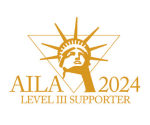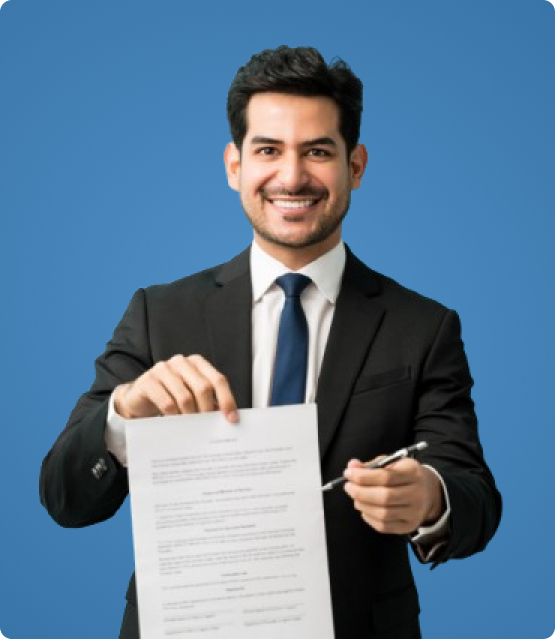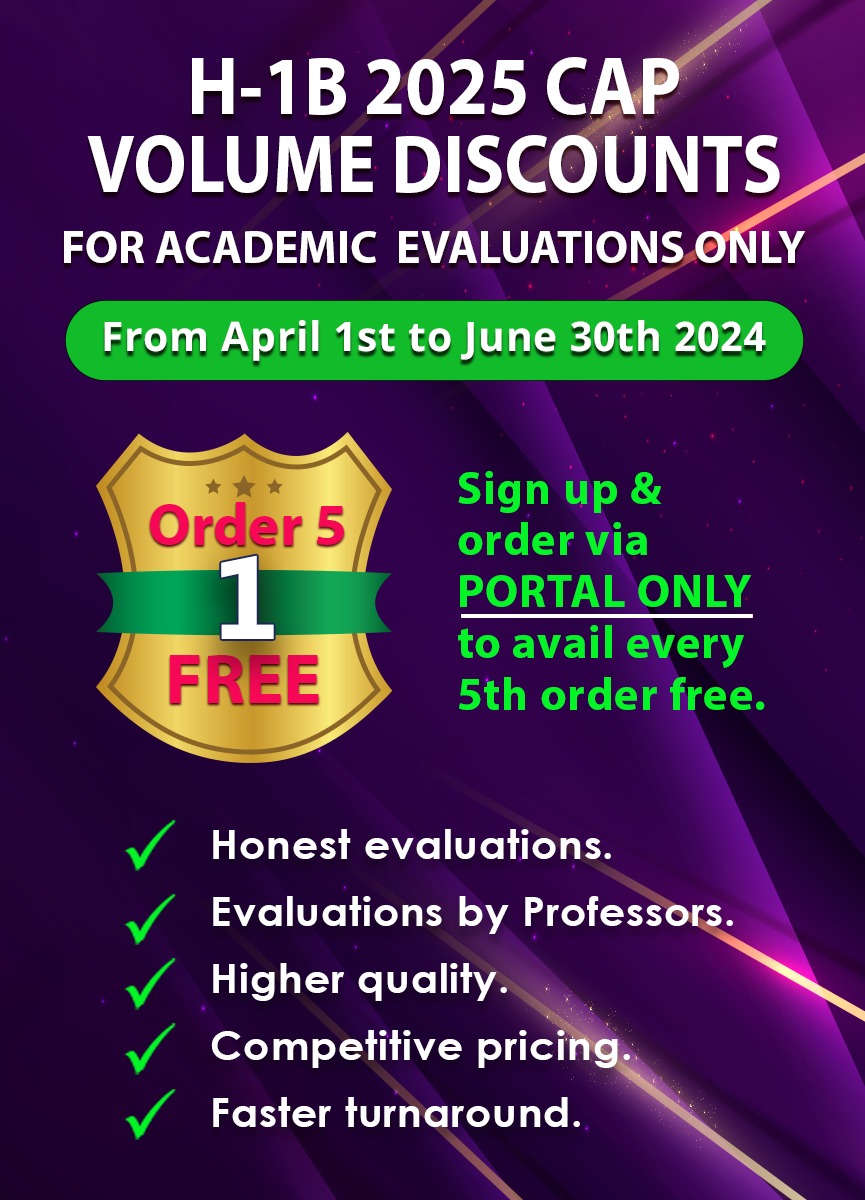It's service
 Expert Opinions
Expert Opinions
L-1B (Specialized Knowledge) Expert Opinion
The L-1B nonimmigrant classification enables a U.S. employer to transfer a professional employee with specialized knowledge relating to the organization’s interests from one of its affiliated foreign offices to one of its offices in the United States. This classification also enables a foreign company that does not yet have an affiliated U.S. office to send a specialized knowledge employee to the United States to help establish one.
According to the USCIS, the L-1 classification may be granted to an individual who, within three years preceding the time of his/her application for admission into the United States:
- Has been employed abroad continuously for one year by a firm, corporation, or other legal entity or parent, branch, affiliate, or subsidiary;
- Seeks to enter the United States temporarily to render services to a branch of the same employer, or a parent, affiliate, or subsidiary; and
- Will work in a capacity that is managerial or executive or involves specialized knowledge.
To qualify a beneficiary for L-1B classification, USCIS requires that the organization filing the petition for the beneficiary must show that he or she:
- Will be employed in a specialized knowledge capacity in the United States;
- Has prior education, training, and employment that qualifies him or her to perform the intended services in the United States; and
- Has at least one continuous year of full-time employment abroad with a qualifying organization:
- Within the 3 years before application for admission to the United States; and
- In a position that was managerial or executive or involves specialized knowledge.
USCIS defines Specialized knowledge as:
- special knowledge possessed by an individual of the petitioning organization’s product, service, research, equipment, techniques, management, or other interests and its application in international markets, or
- an advanced level of knowledge or expertise in the organization’s processes and procedures.
When the evidence submitted along with the initial petition is insufficient, USCIS issues an RFE. Carnegie Evaluations’ experts assist to address the concerns raised in the RFE by providing an Expert Opinion to establish that the beneficiary has specialized knowledge and why it is specialized, and that the beneficiary’s prior education, training, and employment qualifies him/her to perform the intended services in the United States
Document Checklist
- RFE, if any.
- Employer support letters from the U.S & foreign entities.
- Brief note on the affiliate relationship between the U.S & foreign entities.
- Expanded list of the job duties of the position in the U.S & in the foreign entity.
- Organizational charts showing the candidate’s corporate hierarchy standing in the U.S & foreign entity.
- Organizational charts showing the candidate’s corporate hierarchy standing in the U.S & foreign entity.
- Educational documents of the beneficiary.
- Any internal training records the candidate has with the company.
- Information on the proprietary/specialized knowledge beneficiary gained at the foreign entity.
- Updated Resume.




 Request an Evaluation.
Request an Evaluation. Login
Login







